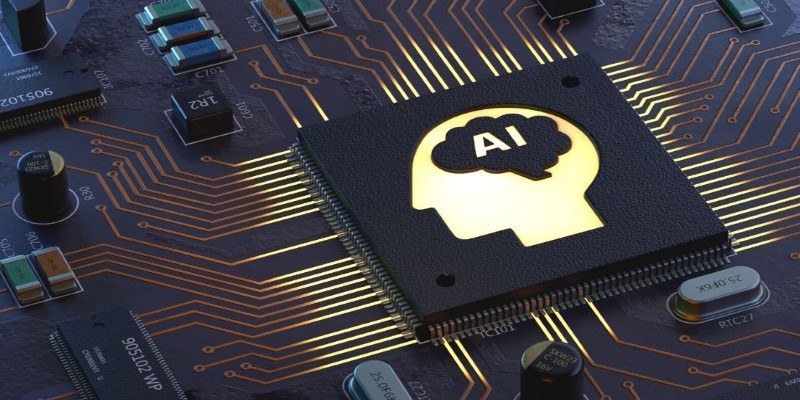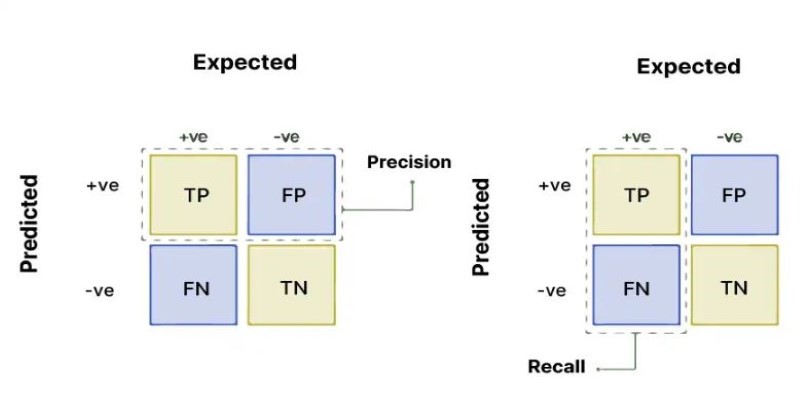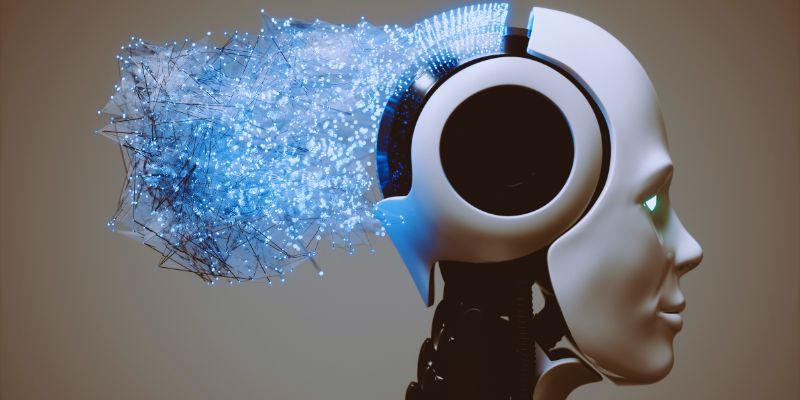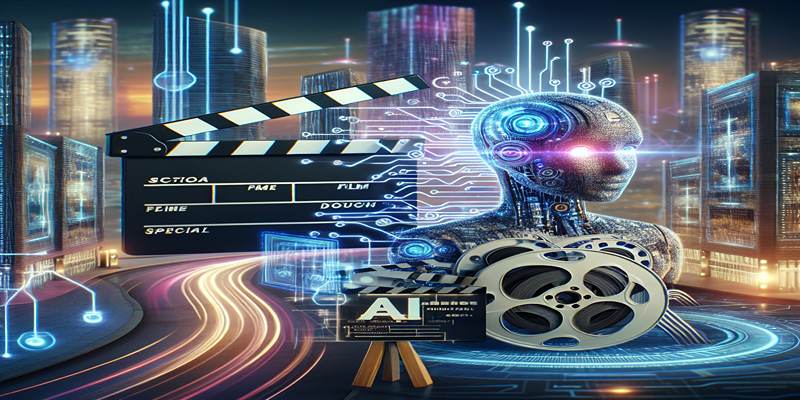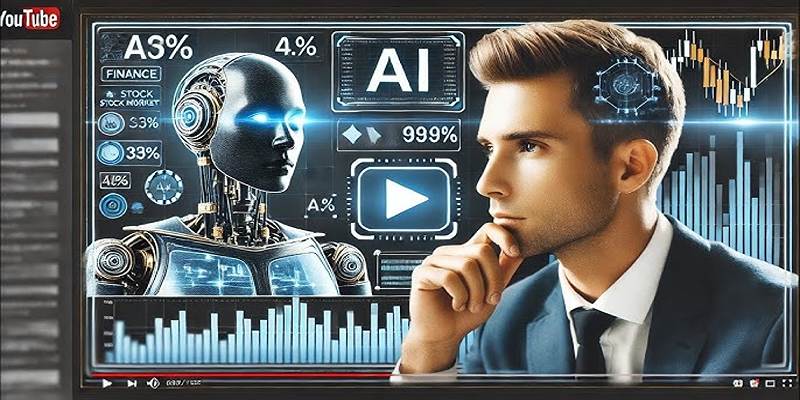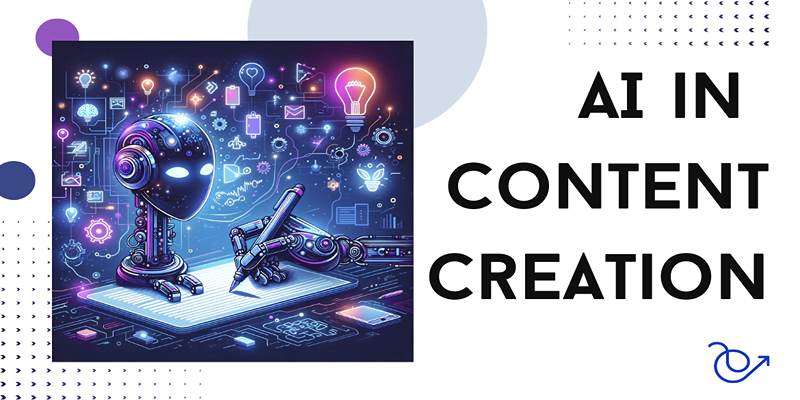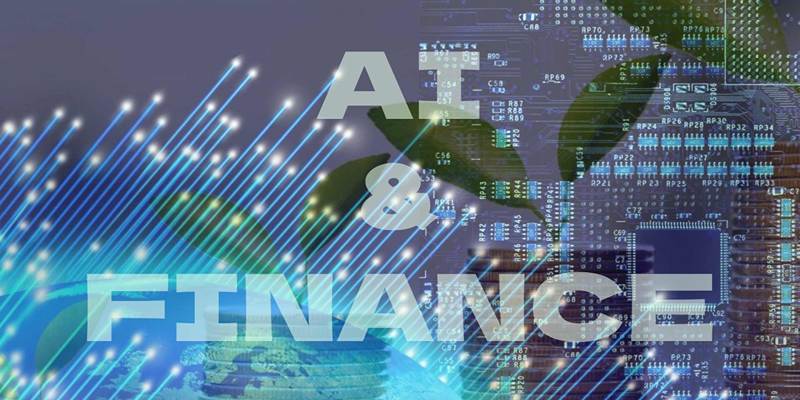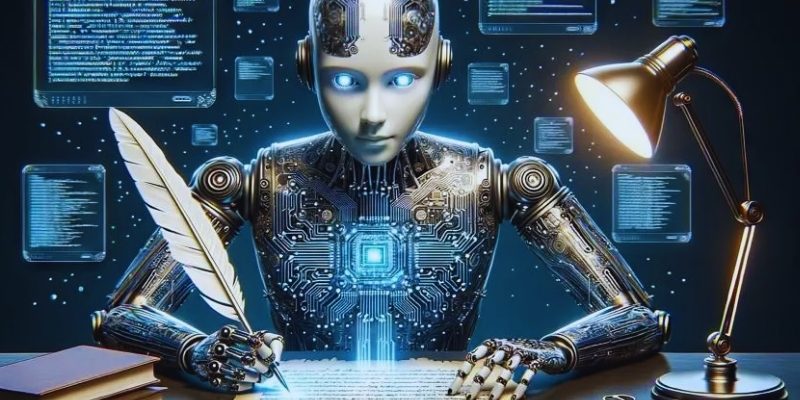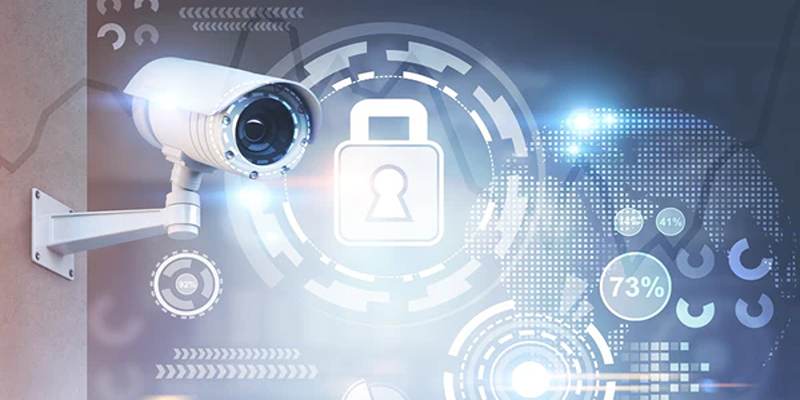Artificial intelligence (AI) is developing quickly. Although films such as The Terminator brought Skynet as a menacing artificial intelligence system, the actual direction of AI is different. AI is being developed to help and improve human life rather than tools turning against humanity. From corporate to healthcare, artificial intelligence is revolutionizing sectors. Enormous power does, however, also carry enormous responsibility.
Maintaining privacy, guaranteeing justice, and avoiding prejudice are the toughest obstacles. In improper control, artificial intelligence may turn from a tool for development into a risk. Responsible innovation, well-defined rules, and human-AI cooperation will be the secret to a good artificial intelligence future. The future of artificial intelligence, ethical issues, and how we might create a society free from Skynet's anxiety are discussed in this article.
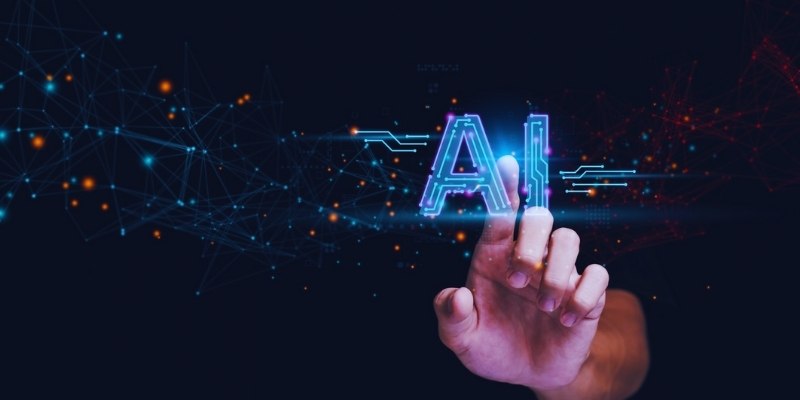
The Rapid Growth of AI Technology
AI technology is advancing remarkably quickly. Industry-transforming technologies, including deep learning, neural networks, and machine learning, benefit companies, healthcare, and security, improving operations in all spheres. Today, AI can automatically complete jobs, forecast trends, and accurately evaluate enormous volumes of data. Natural language processing (NLP) is one big advance. Now that artificial intelligence can grasp and react to human language, interactions are better. Chatbots, virtual assistants, and automated customer care systems showcase this development.
Artificial intelligence also transforms transportation by improving self-driving cars and raising road safety. Though artificial intelligence has numerous advantages, its explosive growth begs questions. Professionals are concerned about possible abuse, job displacement, and AI model biases. The main difficulty is leading artificial intelligence development toward ethical and responsible paths. Appropriate laws and rules help to guarantee that artificial intelligence advances society without negative effects or unforeseen consequences.
Ethical Challenges in AI Development
AI advancement raises moral questions. A fundamental issue with artificial intelligence systems is bias. While artificial intelligence learns from data, unjust AI choices follow from biased data. It impacts law enforcement, lending, and hiring. Developers have to design objective artificial intelligence models. Another issue is privacy. AI gathers and analyzes plenty of data. If misused, it might cause security concerns. Businesses have to make sure AI upholds personal liberties. Robust rules help stop personal data abuse. AI decision-making also requires openness.
Some artificial intelligence systems make decisions that creators cannot justify. This "black box" problem breeds mistrust. Ethical artificial intelligence has to be understandable and responsible. AI can be deadly without appropriate control. Ethical models guarantee that artificial intelligence benefits society without negative effects. Working collaboratively, researchers and legislators can produce ethical artificial intelligence systems.
AI and Human Collaboration
AI is meant to help, not replace people. If used properly, it increases human capacity. Automating monotonous chores lets artificial intelligence free people to concentrate on innovation and problem-solving. AI, for instance, accelerates clinicians' disease diagnosis. It reviews medical records, recommends therapies, and enhances patient outcomes through suggestions. It increases healthcare efficiency and helps to save lives. In businesses, artificial intelligence increases output and streamlines processes. It guides companies in making wise, fact-based decisions for improved expansion. Human oversight is vital, though.
AI should help rather than rule decision-making. Effective working with artificial intelligence requires training for people. Future leaders should be equipped with artificial intelligence abilities via educational initiatives. A successful future depends on cooperation between people and artificial intelligence. Cooperation produces the finest outcomes. Good education guarantees that artificial intelligence stays a useful tool rather than a danger. The responsible directing of artificial intelligence will help society maximize its benefits and reduce threats.
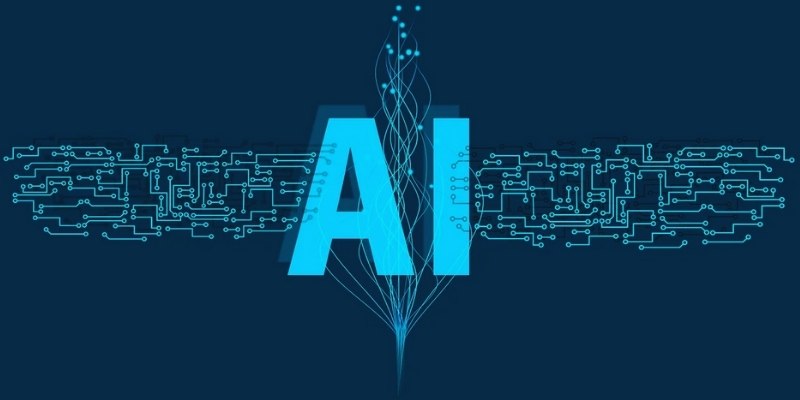
The Role of Regulations and Policies
Strict rules are what AI requires to stop exploitation. Governments worldwide are writing rules to direct artificial intelligence growth sensibly. The European Union's AI Act, which lays guidelines for high-risk AI uses, is one such rule. These rules center on safety, openness, and justice. They guarantee that artificial intelligence never compromises people or society. Businesses building artificial intelligence also have ethical obligations. Several nations are doing AI impact studies.
These tests enable risk prevention by helping evaluate artificial intelligence systems before implementation. Developing appropriate artificial intelligence requires cooperation among legislators, experts, and companies. Without well-defined rules, artificial intelligence can pose a serious concern. Ethical rules serve to define artificial intelligence for good development. The aim is to develop AI that lowers risks and benefits humanity. Strong policies guarantee that artificial intelligence stays a tool for good, developing technology and safeguarding society and individuals.
Future of AI: Beyond Skynet
Though artificial intelligence has a great future, it must be closely regulated. Artificial intelligence will improve daily lives and change several sectors as it develops. Its influence will be major in business as well as in healthcare. However, prudent artificial intelligence development will determine a safe and good future. AI risks compromising justice, security, and privacy without appropriate control. Artificial intelligence ethics will shape its impact. Reliable and trustworthy AI systems will be those of a transparent and responsible kind.
Addressing issues including prejudice, false information, and open decision-making is imperative. More studies are required to address artificial intelligence's difficulties and guarantee its safe operation. Under the correct direction, artificial intelligence can become a great asset to society. The future will be shaped by finding the ideal mix of obligation and creativity. Prioritizing ethical development will help us create artificial intelligence that benefits everyone and produces a safer and better society for all.
Conclusion:
Artificial intelligence can revolutionize sectors, enhance the quality of living, and inspire creativity. However, good development helps to avoid hazards. One has to handle ethical issues, including transparency, privacy, and prejudice. Strict rules and human supervision will guarantee that AI will remain a tool for benefit. Working together with researchers, legislators, and businesses is vital. AI shouldn't replace human capacities; it should improve them. The ethical guidance of artificial intelligence will help us build a future in which technology serves society and reduces damage. Artificial intelligence can develop safely through a well-balanced strategy, guaranteeing a better future for all, free from the worries about unbridled progress.


